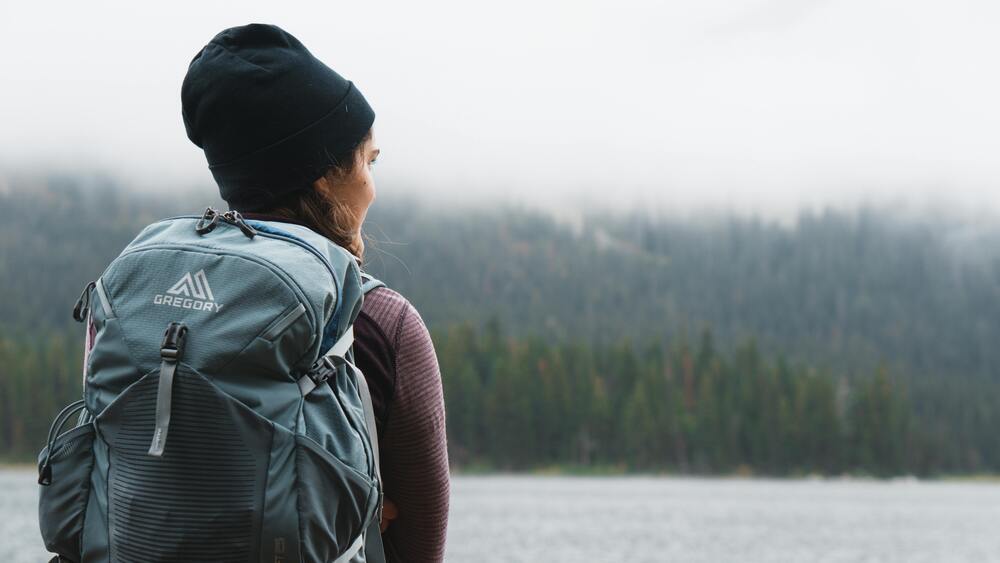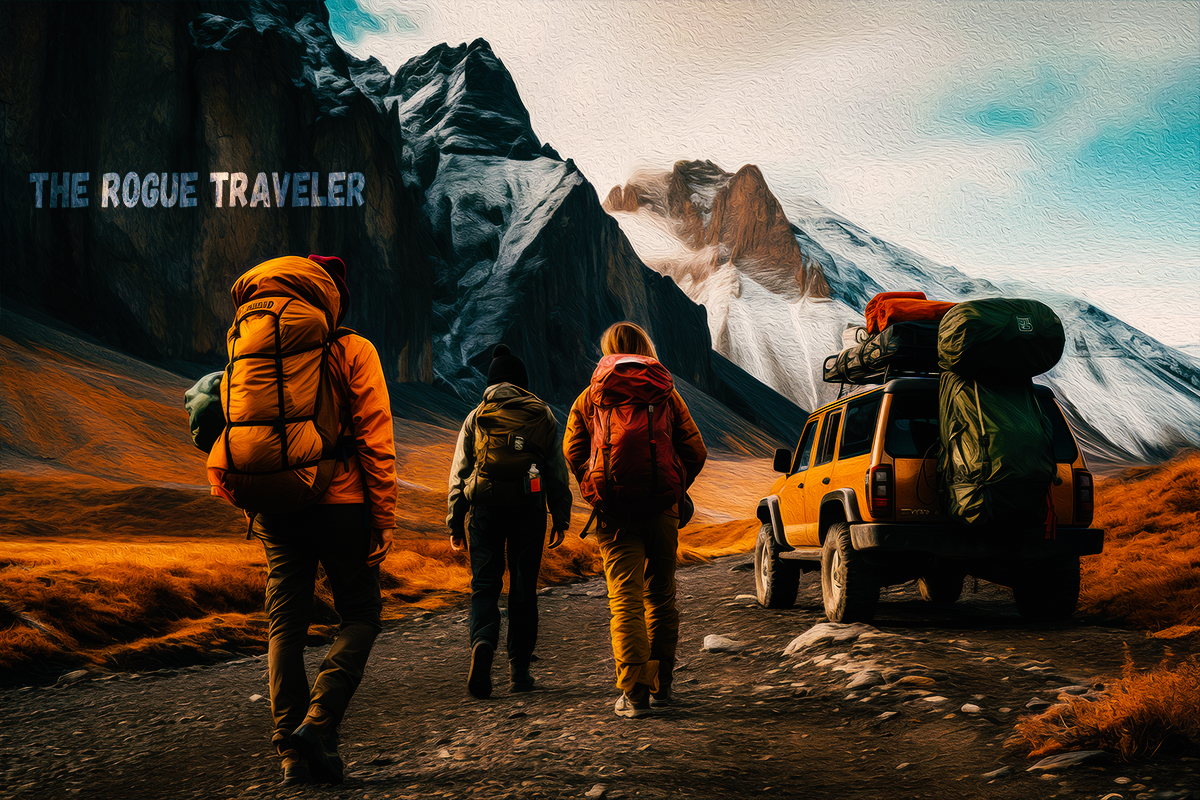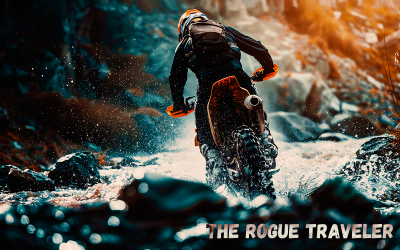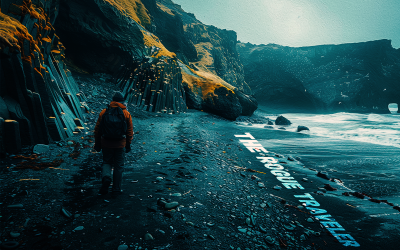A backpacking trip is more than strapping on a pack and heading into the backcountry; it is one of the personal growth, adventure, and discovery odysseys calling to the spirit of every camper, hiker, and backpacker. The more your course charts toward breathtaking destinations, the more unmistakable the importance of preparing and embracing the backpacking experience. It is in these souls, enriched by a journey that tests the limits, that insight and preparation go into crafting it.
In this guide, we examine 7 essential tips that promise to amplify your backpacking camp adventure, ensuring you make the most of every step, view, and moment. Ready to transform your next outdoor escapade into an unforgettable journey? Read on.
1. Prepare Meticulously For Your Backpacking Camp For The Best Experience

No backpacking trip should begin without meticulous preparation—your safety, enjoyment, and the success of your journey depend on it. As you venture into the wilderness, grasping the fundamentals of what to pack and how to plan your route can transform a challenging hike into a rewarding adventure.
- Gear Essentials: Start with a robust packing list that includes all the essentials:
- Lightweight, durable backpack
- Weather-appropriate clothing
- Reliable navigation tools (map and compass)
- First-aid kit
- Water purification system
- Tent and sleeping bag suited for the climate
- Route Planning: Thoroughly research your chosen destination in the backcountry. Understanding the trail’s difficulty, length, and landmarks is crucial:
- Check recent trail reviews
- Note water sources and potential campsites
- Plan for elevation changes and terrain type
- Prepare for the Unexpected: Outdoor adventures can be unpredictable; preparing for various scenarios is a must.
- Inform someone of your route and expected return.
- Pack emergency supplies, including extra food, a whistle, and a fire-starting kit.
- Learn basic survival and first-aid skills.
Investing time in preparing every aspect of your backpacking camp ensures that your encounter with nature is adventurous, safe, and thoroughly enjoyable. Whether you’re a seasoned hiker or a novice backpacker, never underestimate the power of preparation.
2. Embrace Minimalism

Going into the backcountry with a backpack brimming with gear may seem reassuring, but experienced trailblazers know the secret: less is more. Accept minimalism on your next backpacking camp, and you’ll find the delicate balance between being prepared and overpacking. A minimalist mindset doesn’t just lighten your load; it sharpens your focus on the essentials and increases your connection to the wilderness.
- Essentialist Packing: Prioritize items that have multiple uses and ditch the “just-in-case” mentality:
- Choose an ultralight tent and sleeping system
- Pack a versatile water filter instead of numerous bottles
- Select multi-tool gadgets over single-purpose items
- Strategic Planning: When plotting your route, whether through the iconic Appalachian Trail or the dramatic ridges of the Rocky Mountains, planning is your ally:
- Assess the terrain and trailhead conditions to fine-tune your packing list
- Use established campsites to minimize impact and avoid overburdening with camping gear
- Study navigation basics and carry a compass without relying on bulky tech
Minimalism in backpacking liberates you, making room for what truly matters: the adventure itself, the captivating scenery, and the personal growth that comes from journeying through nature’s grandeur. When you carry everything you need and nothing more, your backpacking and wilderness experience embodies empowerment and freedom. So, before you hit the trail, remember that the most unforgettable ventures are often where you pack less and explore more.
3. Leave No Trace
Embarking on a backpacking trip is a gateway to adventure, leading us through untamed wilderness and unexplored trails. Yet, the core of a true backpacker’s ethos lies in the Leave No Trace principles—a set of guidelines that ensure our outdoor activities do not harm the natural environment. By understanding and applying these principles, every hiker, camper, and backpacker becomes integral to preserving the pristine beauty of our backcountry destinations.
- Principles to Live By:
- Plan ahead to minimize impact.
- Travel and camp on durable surfaces.
- Dispose of waste properly.
- Leave what you find.
- Minimize campfire impacts.
- Respect wildlife.
- Be considerate of other visitors.
- Preserving Our Playgrounds: The wilderness teems with life and history, a treasure that deserves our respect and protection. We ensure future adventurers can experience the same unspoiled landscapes by leaving no trace. It’s not just about following a set of rules; it’s about adopting an ethic that champions stewardship and conservation.
Remember, the responsibility rests with each of us, whether you’re setting out for a multi-day expedition in the backcountry or a day hike on a local trail. Embracing the Leave No Trace philosophy doesn’t just preserve the wilderness; it enriches your own adventure, connecting you deeply with the natural world and ensuring it remains vibrant for generations of backpackers to come.
4. Stay Hydrated And Well-Nourished

Hitting the trail for a summer camp or embarking on a wilderness backpacking expedition demands more than just sturdy boots and an ultralight tent. Nutrition and hydration are the unsung heroes of any outdoor adventure, ensuring you remain energized, focused, and ready to tackle the terrain, from the Appalachian Trail’s peaks to the Lost Coast’s rugged shores.
- Fueling Your Trek: Choose nutrient-dense, lightweight food options that won’t weigh down your backpack but will replenish your body. Consider dehydrated meals for efficient packing, energy bars packed with protein and carbs, and nuts or dried fruits for quick, on-the-go snacks.
- Hydration is Key: A reliable filter or purification tablets are essential to access safe drinking water without burdening your pack. Drink water regularly to prevent dehydration, not just when thirst strikes. Remember, your water needs increase with the hike’s intensity and the climate of your destination, whether it’s a national park’s arid basin or the Blue Ridge’s humid ridges.
Remember, maintaining energy and hydration levels isn’t just about comfort; it’s crucial for your safety. A well-nourished and hydrated body is better equipped to handle the unexpected, from changes in terrain to extended mileage. So, before you head into the backcountry or set camp at your reserved campsites, ensure your packing list reflects the nutritional and hydration essentials needed to fuel your next unforgettable wilderness experience.
5. Embrace The Journey
Backpacking isn’t just about ticking destinations off your list; it’s about immersing yourself in the adventure and cherishing each moment on the trail. A true backpacker knows the essence of a trip lies not in the endpoint but within every step that leads there.
- Journey Over Destination: Prioritize the appreciation of the journey. Let the wilderness teach you, the backcountry challenge you, and the trail inspires you. Remember, every hike, no matter how short or long, is filled with moments of awe and learning.
- Flexibility is Key: Be open to altering plans. Sometimes, a spontaneous detour or an unplanned stop adds the most unforgettable memories to your backpacking trip. Whether it’s an outdoor wonder that calls for a pause, a fellow hiker, or a camper sharing stories around a campsite, being flexible allows you to embrace the backpacking experience fully.
Every adventure, every path, and every challenge along the way enriches your story. Embracing the journey means understanding there’s more to backpacking than reaching a destination. It’s about the wild encounters, the shared laughter with a new backpacker friend, and the quiet moments of reflection. Let your next backpacking camp be an adventure where you truly embrace the journey, making every step count.
6. Connect With Fellow Backpackers

One of the most enriching elements of any backpacking camp is the community you become part of. Engaging with fellow backpackers can exponentially enhance your wilderness experience, from sharing trail snacks to swapping stories by the campsite.
- Community Benefits: Connecting with like-minded adventurers provides not only companionship but also opens doors to learning new survival skills, discovering hidden gems, and even sharing essential gear like filters or ultralight tents. It’s also a great way to boost your confidence, especially if you are a beginner or venturing solo.
- Sharing the Journey: Each trek or night spent at a national park or backcountry can become more memorable when you share the experience. Discussing route strategies, navigation tips, or the best spots in primitive campsites can prove invaluable. Plus, it’s always more enjoyable to celebrate reaching a summit or completing a challenging day’s hike with others who appreciate what it takes.
Remember, every backpacker you meet has unique insights and stories that can enrich your journey. Your wilderness backpacking adventures are not just about exploring new terrains but also about building a community that shares your passion. So, next time you pack your backpack or set up your tent, invite a friend or a new acquaintance to join—your adventure might just be richer for it.
7. Reflect And Decompress
After your feet have left the trail and you’ve returned from the backcountry, it’s crucial to take the time to reflect on your backpacking camp experience. This isn’t just about reminiscing; it’s an opportunity to digest the adventure, acknowledge your achievements, and consider what the wilderness taught you.
Documenting your journey will keep the spirit of your backpacking trip alive. Scribble in a journal, organize photos or even plot your route on a map. Each entry, picture, or note is a timestamp of your outdoor adventure, a piece of the puzzle that was your hike.
Maximizing your backpacking experience is not just about the hike itself but how you internalize it after packing up camp and heading home. Reflecting helps solidify the lessons learned and the joys experienced, paving the way for personal growth and a hunger for future adventures.
Embrace how each backpacking trip shapes you. You return not just as a hiker or camper but as a more resilient and reflective backpacker, ready for the next destination with a refined sense of adventure. Reflect, decompress, and then step forward, enriched by the trail and all its lessons.





0 Comments